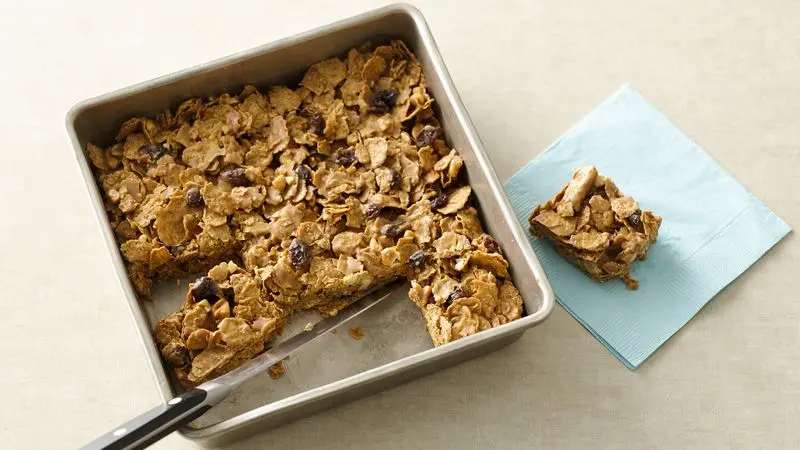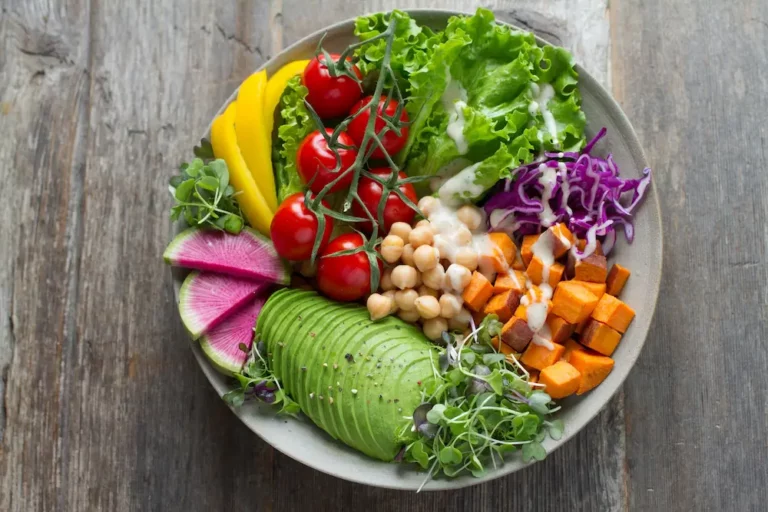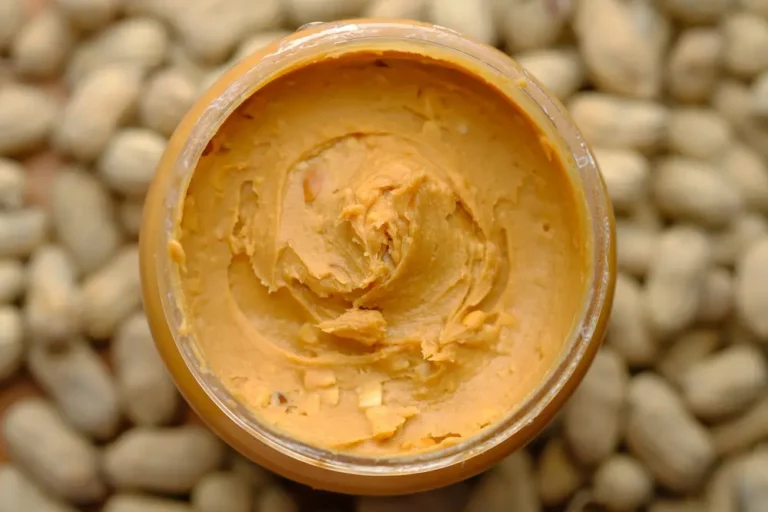Is Raisin Bran Healthy? A Friendly Guide to Evaluating Your Breakfast Choices
When it comes to breakfast cereals, Raisin Bran is a popular choice for many. It’s often marketed as a healthy option, but is it really as good for you as it seems? As someone who is conscious about my health and nutrition, I decided to do some research and find out if Raisin Bran is a healthy breakfast choice.
Raisin Bran typically contains bran flakes and raisins, which are both good sources of fiber. Fiber is important for maintaining digestive health and can also help lower cholesterol levels. However, some Raisin Bran products may also contain added sugar and salt, which can be detrimental to your health if consumed in excess. In this article, I will explore the nutrition, benefits, and downsides of Raisin Bran to help you make an informed decision about whether or not it’s a healthy choice for you.
What is Raisin Bran?
As the name implies, Raisin Bran is a breakfast cereal that contains bran flakes and raisins. It is a popular cereal that is often marketed as a healthy breakfast option. Raisin Bran is made by several companies, but the most popular brand is Kellogg’s Raisin Bran.
The cereal is made with whole grains and contains moderate fiber content, which comes from the bran. The raisins add sweetness and also provide some essential nutrients. As per the nutrition information provided on the Kellogg’s website, a serving of Raisin Bran (1 cup) contains 190 calories, 7 grams of fiber, and 18 grams of sugar.
Raisin Bran is often considered a convenient and tasty breakfast option for people who are looking for a quick and easy meal in the morning. However, it is important to note that not all Raisin Bran cereals are created equal. Some brands may contain added sugars or artificial flavors, which can make them less healthy. It is always a good idea to read the nutrition label and ingredients list before buying any cereal.
Nutritional Content of Raisin Bran
Raisin bran is a popular breakfast cereal that is often considered a healthy option. It is made from bran flakes and raisins, which are both nutritious ingredients. In this section, I will discuss the nutritional content of raisin bran.
Calories and Macronutrients
A typical serving of raisin bran (1 cup) contains around 190 calories. It is a good source of carbohydrates, providing about 47 grams per serving. It also contains some fat (1 gram) and protein (4 grams).
Vitamins and Minerals
Raisin bran is fortified with several vitamins and minerals. One serving provides 25% of the recommended daily intake of iron, which is important for healthy blood cells. It also contains 10% of the recommended daily intake of vitamin A, which is important for eye health. Additionally, it provides 25% of the recommended daily intake of vitamin C, which is important for a healthy immune system.
Fiber Content
One of the main benefits of raisin bran is its high fiber content. A typical serving provides around 7 grams of fiber, which is about 25% of the recommended daily intake. Fiber is important for digestive health and can help lower cholesterol levels.
Overall, raisin bran is a nutritious breakfast option that can provide several important vitamins and minerals, as well as fiber. However, it is important to be mindful of portion sizes and to choose a brand that is not too high in added sugars.
Health Benefits of Raisin Bran
As a breakfast cereal, Raisin Bran is often seen as a healthy option. Here are some of the potential health benefits of Raisin Bran:
Digestive Health
Raisin Bran is high in fiber, which promotes bowel regularity and can help prevent constipation. Fiber also helps you feel full for longer and may prevent dramatic drops in blood sugar between meals. The raisins in Raisin Bran also contain sorbitol, a natural laxative that can help relieve constipation.
Heart Health
The fiber in Raisin Bran can also help lower cholesterol levels, which may reduce the risk of heart disease. Additionally, the bran in Raisin Bran contains phytic acid, which can bind to minerals like calcium and iron and prevent them from being absorbed by the body. This may help lower the risk of heart disease by reducing the amount of minerals that can contribute to the formation of plaque in the arteries.
Weight Management
The fiber in Raisin Bran can also be beneficial for weight management. High-fiber foods can help you feel full for longer, which may reduce overall calorie intake. Additionally, the raisins in Raisin Bran can provide a natural sweetness without the need for added sugars, which can contribute to weight gain.
Overall, Raisin Bran can be a healthy breakfast option for those looking to improve their digestive health, heart health, and weight management. However, it is important to note that Raisin Bran can also be high in sugar and calories, so it should be consumed in moderation as part of a balanced diet.
Potential Drawbacks of Raisin Bran
As with any food, there are potential drawbacks to consuming raisin bran. Here are a few things to consider:
Sugar Content
While raisin bran is often marketed as a healthy breakfast option, it can contain a significant amount of added sugar. This is especially true for brands that add extra sugar to the raisins themselves. One serving of raisin bran can contain up to 18 grams of sugar, which is equivalent to about 4.5 teaspoons.
Consuming too much added sugar can have negative health effects, such as an increased risk of obesity, type 2 diabetes, and heart disease. To reduce your sugar intake, consider choosing a lower-sugar cereal or opting for plain bran flakes and adding your own fresh fruit.
Possible Allergenic Ingredients
Raisin bran may contain ingredients that some people are allergic to, such as wheat, soy, and nuts. If you have a food allergy or intolerance, be sure to check the ingredient list carefully before consuming raisin bran.
Additionally, some brands of raisin bran may contain artificial flavors, colors, and preservatives, which can also cause adverse reactions in some people. If you are sensitive to these additives, look for a brand that uses natural ingredients and has a shorter ingredient list.
Overall, while raisin bran can be a convenient and tasty breakfast option, it’s important to be aware of its potential drawbacks and choose wisely based on your individual needs and preferences.
How to Incorporate Raisin Bran Into a Healthy Diet
As someone who enjoys Raisin Bran, I often wonder how I can incorporate it into my diet in a healthy way. Here are some tips that I have found helpful:
1. Use Raisin Bran as a Breakfast Option
Raisin Bran is a great option for breakfast. It is high in fiber and provides a good source of energy to start your day. For a balanced breakfast, I like to pair Raisin Bran with some fresh fruit and low-fat milk or yogurt.
2. Use Raisin Bran as a Snack
Raisin Bran can make a great snack. I like to mix it with nuts and dried fruit for a trail mix that is both tasty and healthy. It is also a good option for a mid-day snack when you need a quick energy boost.
3. Use Raisin Bran in Baked Goods
Raisin Bran can be used in baked goods like muffins and bread. By using Raisin Bran instead of regular flour, you can increase the fiber and nutrient content of your baked goods. Just be sure to watch the sugar content of your recipe.
4. Use Raisin Bran as a Topping
Raisin Bran can be used as a topping for yogurt, oatmeal, or even ice cream. It adds a nice crunch and sweetness to your dish while also providing some added nutrition.
Overall, Raisin Bran can be a healthy addition to your diet when consumed in moderation and paired with other nutritious foods. By incorporating it into your meals and snacks, you can enjoy its delicious taste while also reaping its health benefits.
Conclusion
After researching and analyzing the information, it’s safe to say that raisin bran is not the healthiest breakfast cereal option out there. While it does contain some beneficial nutrients like fiber, vitamins, and minerals, it also has a high sugar content and can be high in calories.
It’s important to note that not all raisin bran cereals are created equal. Some brands may have higher sugar and calorie content than others. It’s always a good idea to check the nutrition label before purchasing and consuming any cereal.
If you’re looking for a healthier breakfast option, there are plenty of alternatives to consider. Some options include oatmeal, Greek yogurt with fruit and nuts, smoothies, or whole grain toast with avocado and eggs.
Overall, while raisin bran may be a convenient and tasty option, it’s important to consume it in moderation and be aware of its nutritional content.







